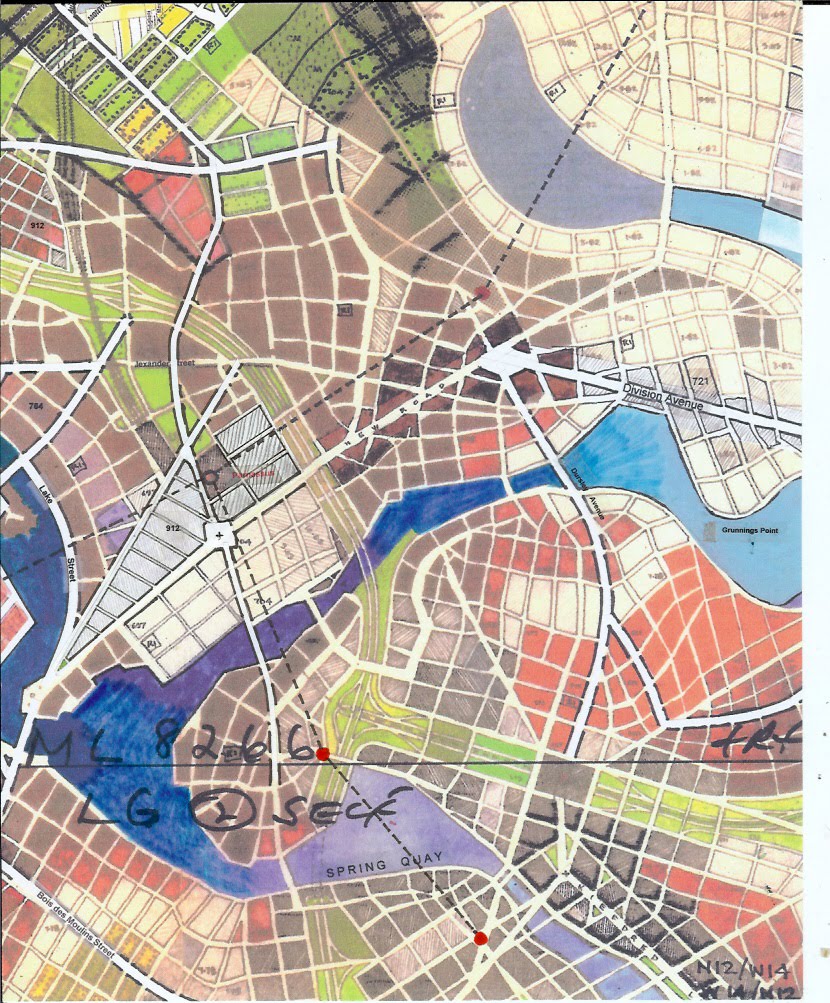Good food, as we've come to know it in the last few years, has a few characteristics: It's local. It's grown using responsible, land-loving techniques, like crop rotations and polycultures. And it's organic, raised without chemical fertilizers and poison pesticides. At one point, “organic” was shorthand for all of that, because the same people who cared enough to grow their vegetables with manure cared about environmental sustainability and tended to be local.
But now “organic” can be shorthand only for adherence to a certain set of rules that outlaw certain concentrations of certain types of fertilizers and pesticides, and as the New York Times points out, it sometimes doesn't mean much else. In particular, the Times documents a slew of cases where organic agriculture is stressing aquifers. The success of organic food has probably left the world better off on balance, but for those serious about eating good food, it's not enough anymore just to pick up organic-labelled food, especially at big supermarkets like Whole Foods.


